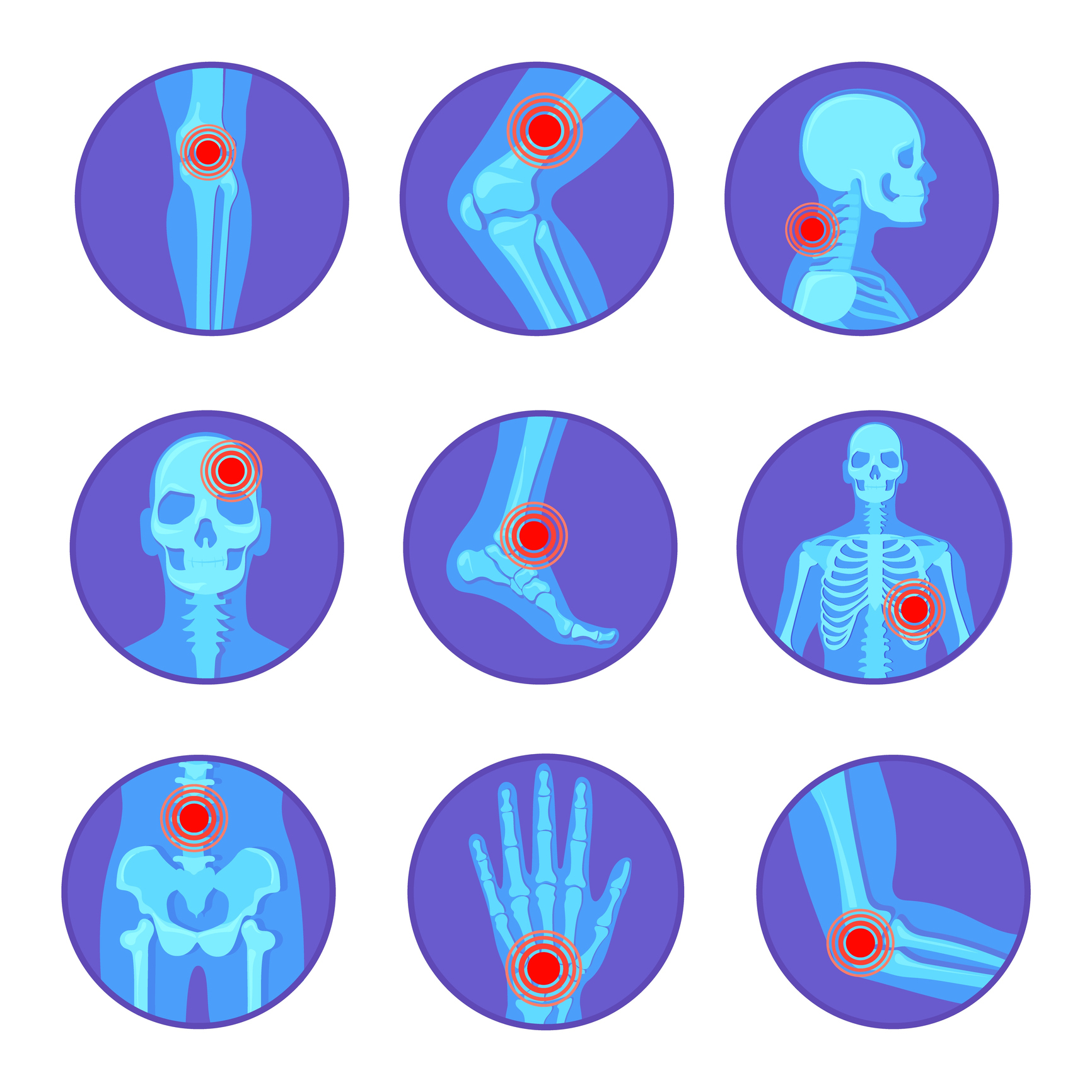Neonatal lupus erythematosus (NLE) results from cross-placental transfer of maternal autoantibodies. Neonates can present with cardiac, cutaneous, hepatobiliary, hematologic, and neurologic complications from antibody-mediated organ toxicity. Scant evidence exists on long-term clinical characteristics and outcomes of patients with neonatal lupus.
To characterize the autoantibody profile, laboratory, and clinical features of patients with NLE.
This was a single-site retrospective cohort study of patients at the Children’s Hospital of Philadelphia with NLE. Data were collected on clinical, laboratory, and autoantibody profile at time of presentation, as well as long-term complications.
Thirteen patients were included. Congenital cardiac findings were reported in 3 patients, with 1 having persistent cardiac sequelae. Cardiac manifestations were correlated with anti-Ro/SSA positivity in our cohort. Two patients had neurologic findings, with good long-term outcomes. Cutaneous findings were present in all patients, and many resolved without topical steroid treatment. Hematologic and hepatobiliary findings were common, but uncomplicated, with complete resolution by 6 months after initial presentation in all. Maternal rheumatologic disease, treatment, and race were not associated with systemic manifestations.
Patients born to mothers with positive anti-Ro/SSA titers may benefit from routine cardiac monitoring in utero and at birth. Routine EEG or head ultrasound monitoring in patients who are autoantibody positive for NLE may be unnecessary. Information regarding long-term outcomes in NLE can be used to guide familial counseling and the use of serial laboratory testing.
© 2020 Wiley Periodicals, Inc.
Retrospective, single-center case series of neonatal lupus.


